Lila Downs, in the vibrant kaleidoscope of Mexican music, one voice stands out as a powerful, soul-stirring force – that of Lila Downs. Born on September 9, 1968, in Tlaxiaco, Oaxaca, Mexico, Lila Downs is not just a singer; she is a cultural storyteller, weaving together the threads of her indigenous roots with a passion for social justice. This is the captivating biography of Lila Downs, a woman whose music transcends genres, borders, and expectations.
Roots in Oaxaca: The Cultural Mosaic of Lila’s Childhood
Lila Downs’ journey begins amidst the rich cultural tapestry of Oaxaca, a region known for its indigenous diversity and vibrant traditions. Raised by a Mixtec mother and a Scottish-American father, Lila grew up immersed in a world where the ancestral echoes of Mexico blended with the global melodies of her heritage. This multicultural upbringing became the bedrock of her artistic identity, laying the foundation for the eclectic fusion of genres that would define her later work.
The Sonic Shaman: Lila’s Journey into Music
Lila’s exploration of music started at an early age. As a child, she was exposed to a myriad of sounds – from the indigenous folk music of Oaxaca to the American folk and jazz that echoed through her father’s record collection. This diverse sonic palette became the crucible where Lila’s unique sound was forged, a sound that defied easy categorization and embraced the richness of Mexico’s musical legacy.
Lila Downs’ formal musical education took her to the prestigious University of Minnesota, where she studied voice and anthropology. This academic background would prove instrumental in shaping her approach to music as not just a form of entertainment but a medium for cultural preservation and social commentary.
La Sandunga: Lila’s Debut Album
In 1994, Lila Downs released her debut album, “Ofrenda” (Offering), which featured the traditional Zapotec song “La Sandunga.” This track, sung in the Zapotec language, showcased Lila’s commitment to celebrating and preserving indigenous cultures. The album, with its fusion of folk, jazz, and world music elements, signaled the arrival of a unique voice in the Mexican music scene.
Journey into World Music: Border Crossings and Collaborations
As Lila Downs’ career blossomed, she embarked on a musical journey that transcended borders. Her second album, “Trazos” (Traces), released in 1999, marked a departure from traditional Mexican sounds and delved into world music influences. Collaborations with artists like Paul Cohen and Totó la Momposina demonstrated Lila’s ability to weave global sounds into the fabric of her music, creating a rich and immersive experience for her listeners.
Frida: A Cinematic Collaboration
Lila’s artistic versatility found a cinematic canvas in the biographical film “Frida,” released in 2002. The film, directed by Julie Taymor and starring Salma Hayek as Frida Kahlo, featured Lila Downs’ evocative rendition of “Burn It Blue,” a haunting composition that earned her both critical acclaim and an Academy Award nomination for Best Original Song.
The collaboration with “Frida” was not just a musical endeavor; it was a convergence of art, culture, and feminism. Lila’s involvement in the project underscored her commitment to using music as a vehicle for telling stories, especially those of resilient women whose narratives are often overlooked.
La Cantina: A Tribute to Mexican Roots
In 2006, Lila Downs released “La Cantina” (The Bar), an album paying homage to the traditional Mexican cantina music. This project, steeped in nostalgia and longing, showcased Lila’s ability to inhabit diverse musical personas while remaining rooted in the emotional landscapes of Mexico. The album’s success affirmed her position as a torchbearer of Mexican musical heritage.
Shake Away: A Grammy Triumph
Lila Downs’ 2008 album, “Shake Away,” marked a return to her indigenous roots, featuring songs sung in Zapotec and Mixtec languages. The album, a vibrant tapestry of sounds and stories, earned Lila her first Grammy Award for Best Folk Album. The accolade not only recognized her artistic prowess but also underscored the global significance of her work in preserving and promoting indigenous languages and cultures.
Balas y Chocolate: A Culmination of Activism and Artistry
In 2015, Lila Downs released “Balas y Chocolate” (Bullets and Chocolate), an album that blended activism with artistry. The title track, a powerful commentary on social justice and violence, showcased Lila’s commitment to addressing pressing issues through her music. The album, a critical and commercial success, earned her another Grammy Award for Best Latin Rock, Urban or Alternative Album.
“Balas y Chocolate” was more than an album; it was a call to action. Lila’s role as a cultural ambassador became increasingly pronounced as she used her platform to shed light on issues such as immigration, indigenous rights, and gender equality. Her music became a powerful instrument for raising awareness and fostering dialogue on topics often relegated to the periphery of public discourse.
A Living Legend: Lila’s Enduring Impact
Lila Downs’ impact extends beyond the confines of the recording studio
and concert halls. Her advocacy for indigenous cultures, social justice, and women’s rights has elevated her to the status of a cultural icon. Lila’s ability to seamlessly blend genres, languages, and cultures has not only enriched the musical landscape but has also broadened the understanding of what it means to be a Mexican artist in the global context.
Personal Triumphs and Ongoing Journey
Lila Downs’ personal life has been marked by triumphs and challenges, including her marriage to musician Paul Cohen and the birth of their son, Benito. Her ability to navigate the complexities of both her personal and professional spheres reflects a resilience and authenticity that resonates with her audience.
As Lila continues to evolve as an artist, her commitment to cultural diversity and social activism remains unwavering. Her albums serve as sonic canvases that paint the narratives of marginalized communities, offering a poignant reminder of the power of music to bridge divides and amplify voices that often go unheard.
Conclusion: Lila Downs – A Musical Shaman for the Soul
Lila Downs’ biography is a testament to the transformative power of music. Her voice, a conduit for the spirits of Oaxaca and the echoes of global sounds, has created a sonic bridge connecting cultures and hearts. Lila’s journey is not just a story of musical evolution; it is a narrative of cultural celebration, social consciousness, and the enduring strength of indigenous resilience.
As we delve into the chapters of Lila Downs’ life, we find a woman who has embraced her roots with unyielding pride, a musician who has elevated her art to the realm of activism, and a voice that resonates across borders, carrying with it the stories of those whose voices are often silenced. Lila Downs is more than a singer; she is a musical shaman, weaving spells of cultural enchantment that awaken the spirit and stir the soul.
.- Youtube Feature Video: Lila Downs – Paloma Negra (En Vivo) Link here.







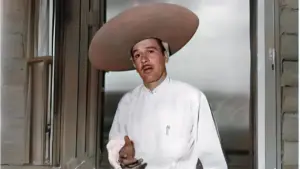










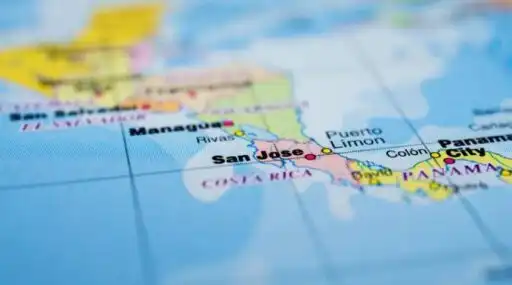


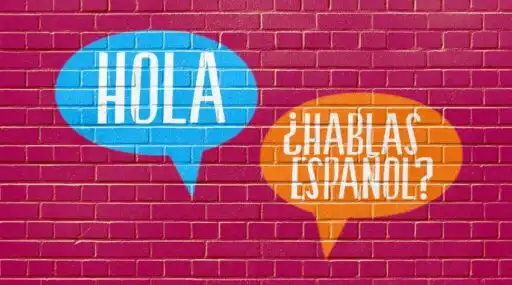

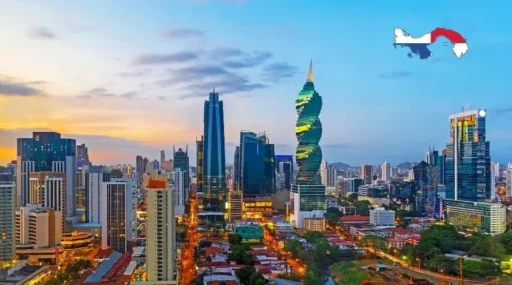


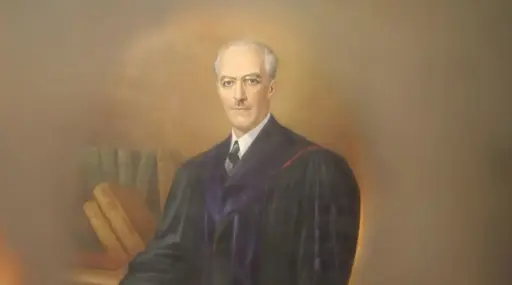

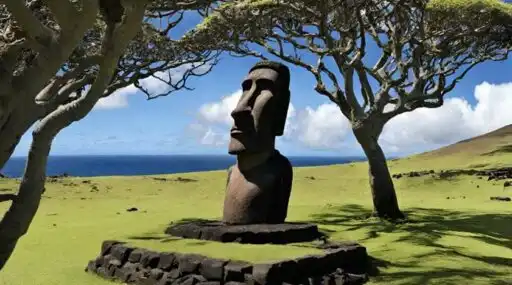














Leave a Reply